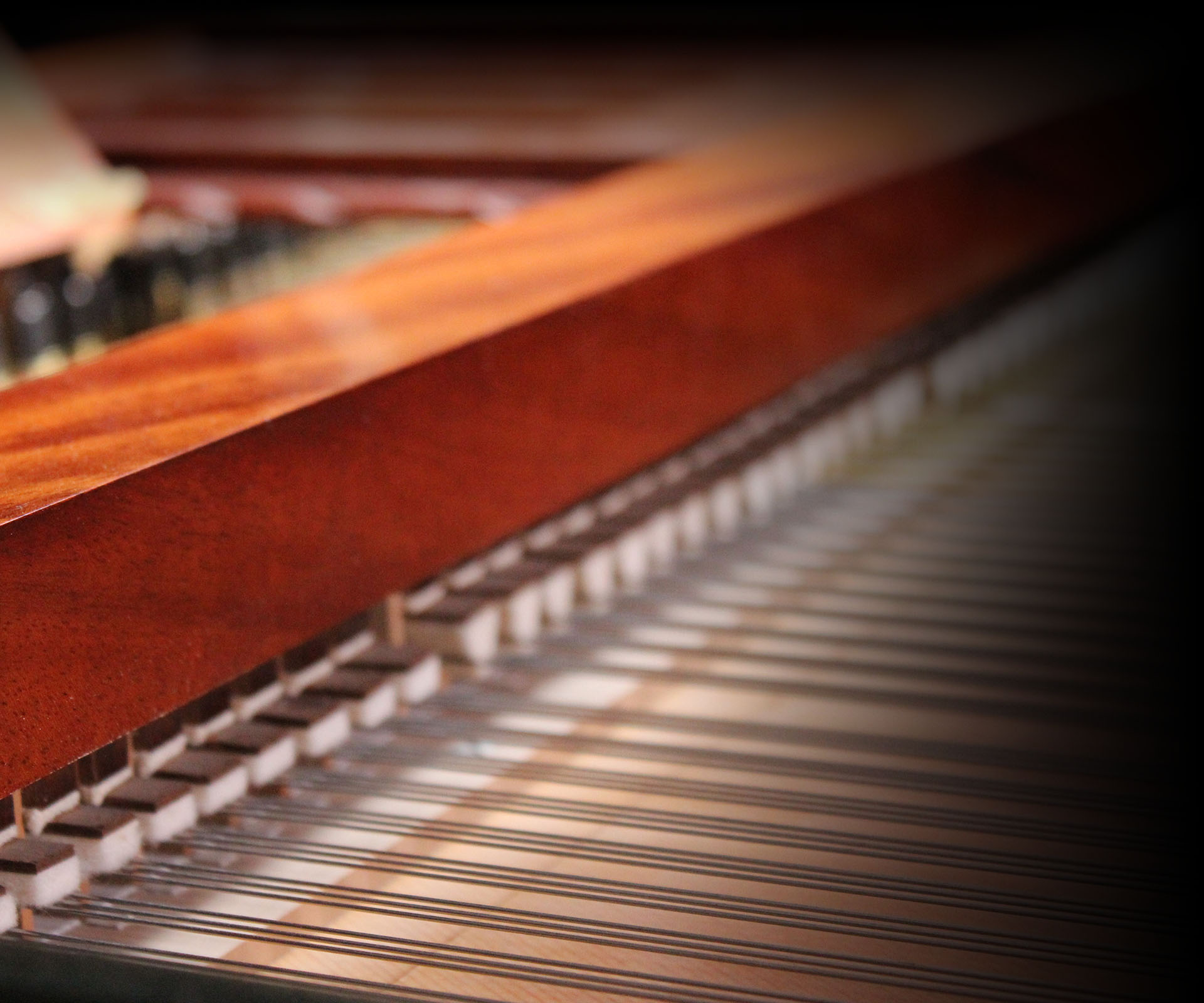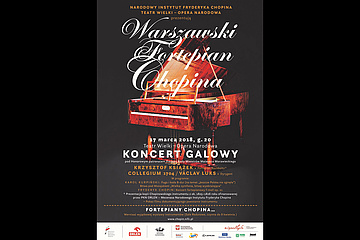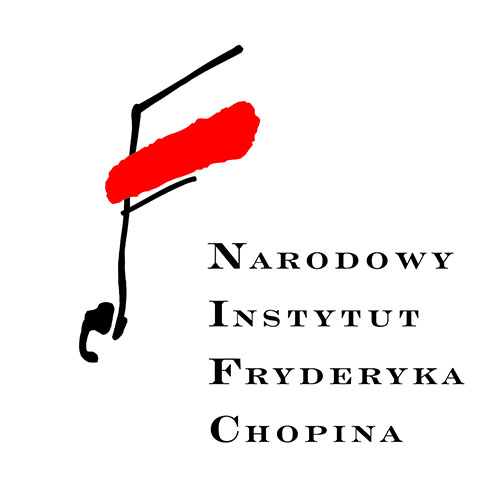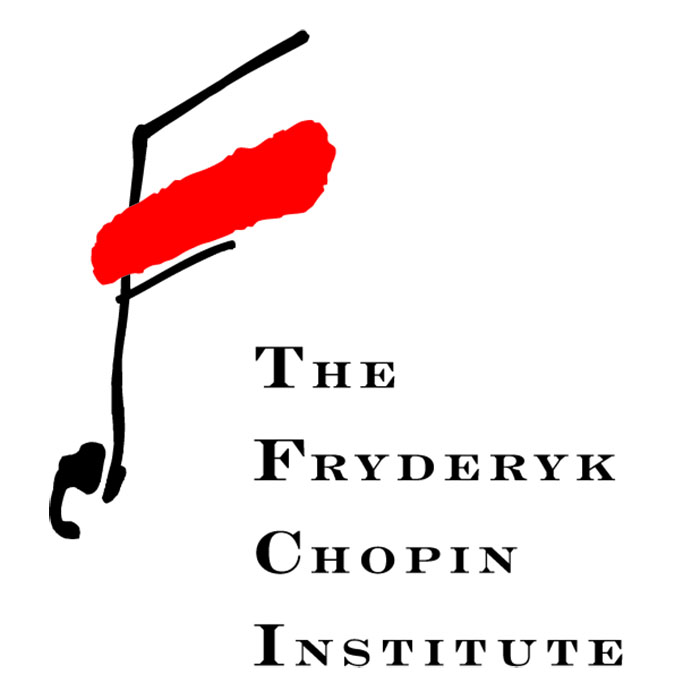Chopin’s Warsaw Piano
First presentation of a copy of Chopin’s piano Concert
Screening of a film documenting the making of the copy of the Buchholz piano
Karol Kurpiński Fugue et Coda in B flat major (on the theme of the Polish national anthem 'Poland Is Not Yet Lost')
Karol Kurpiński The Battle of Mozhaysk ('Grand symphony depicting a battle')
Fryderyk Chopin Piano Concerto in F minor Op. 21
Performers:
Krzysztof Książek – historical piano
Collegium 1704
Václav Luks – conductor
And again, smokeblinded, I saw,
As it moved past the portal, the pillars,
A contraption that looked like a coffin
They were heaving out … crashing and crushing – your piano!
(…)
That one! … that championed Poland, he from the heights
All-Perfections of history
People-bound, anthem ecstatic –
O Poland – of wheelwrights transformed;
That same one – crushed on the granite squares!
Is it you? – is it me? – then let’s strike up a Judgment Day song,
Urge them on: 'Rejoice, o you child who will be! …
With groaning – stories gone deaf:
The Ideal – now brought low on the pavement' –
Cyprian Kamil Norwid Chopin’s Piano
(Translated from Polish by Jerome Rothenberg & Arie Galles)
On 19 September 1863 'the ideal was brought low on the pavement'. Chopin had been dead for 14 years, Buchholtz for 26. Had they lived, that symbolic moment would have been painful for both of them. On that September Saturday in 1863 in retaliation for an assassination attempt, a failed one at that, on the tsarist governor Count Fyodor Berg, tsarist soldiers plundered and looted the Zamoyski Palace at 67 Nowy Świat Street. The apartment number 69, belonging to the Barciński family, also fell victim to their barbarism. Half a century earlier, around 1815, a certified organ-maker Fryderyk Buchholtz opened a piano-making workshop in Warsaw. Its first seat was at 1352 Mazowiecka Street. The manufacturer soon became considered the best in Congress Poland, in a large part thanks to its excellent performance at local industrial fairs in 1823 and 1825. A friend with the owner, Fryderyk Chopin was a frequent visitor at the workshop, where he would often play his newest pieces to his friends. After 1825 the Chopins bought a Buchholtz grand piano, which took the pride of place in their new apartment in the Krasiński Palace in Krakowskie Przedmieście and was used by young Fryderyk to compose his first great pieces, including his famous Piano Concerto in F minor. On 2 November 1830 Chopin left Warsaw; three days later he left his homeland forever. After his parents’ death, the grand piano was inherited by Fryderyk’s sister Izabella Barcińska. On 19 September 1863, plundering the Zamoyski Palace, tsarist soldiers threw the Buchholtz piano 'out the window'. The instrument on which teenage Chopin composed his first great pieces, including his both piano concertos shattered on the pavement.
Only a few instruments of the Buchholtz label have survived until today – all in a state rendering their 'resurrection' impossible. Using available prototypes, the Fryderyk Chopin Institute in Warsaw, which is a guardian of Chopin’s legacy and holds a collection of several instruments of the period, has commissioned a copy of the Buchholtz grand piano. It was constructed by Paul McNulty, one of the best makers of historical pianos in the world. Almost two centuries after the first performance of the Piano Concerto in F minor by the composer on 17 March 1830 at the National Theatre in Krasińskich Square on the Buchholtz piano, the piece will be played on a copy of that instrument. We will hear for the first time the sound of a piano that influenced Chopin’s musical imagination to a great degree. At the same time, it will be a symbolic evocation of an evening that for the Poles living in nineteenth-century Warsaw was far more significant than an exceptional artistic experience.
Sponsors
-
Współorganizacja
-
Mecenas Narodowego Instytutu Fryderyka Chopina
-
POLSKA STULECIE ODZYSKANIA NIEPODLEGŁOŚCI
-
Mecenas Teatru Wielkiego - Opery Narodowej
-
Partnerzy Teatru Wielkiego - Opery Narodowej
-
Patroni medialni Teatru Wielkiego - Opery Narodowej
-
Co-organiser
-
Patron of the Fryderyk Chopin Institute
-
POLAND THE CENTENARY OF REGAINING INDEPENDENCE
-
Patron of Teatr Wielki - Polish National Opera
-
Partners of Teatr Wielki – Polish National Opera
-
Media patrons of Teatr Wielki – Polish National Opera
-
Patron of Teatr Wielki - Polish National Opera
-
Partners of Teatr Wielki – Polish National Opera:
-
Media patrons of Teatr Wielki - Polish National Opera:














